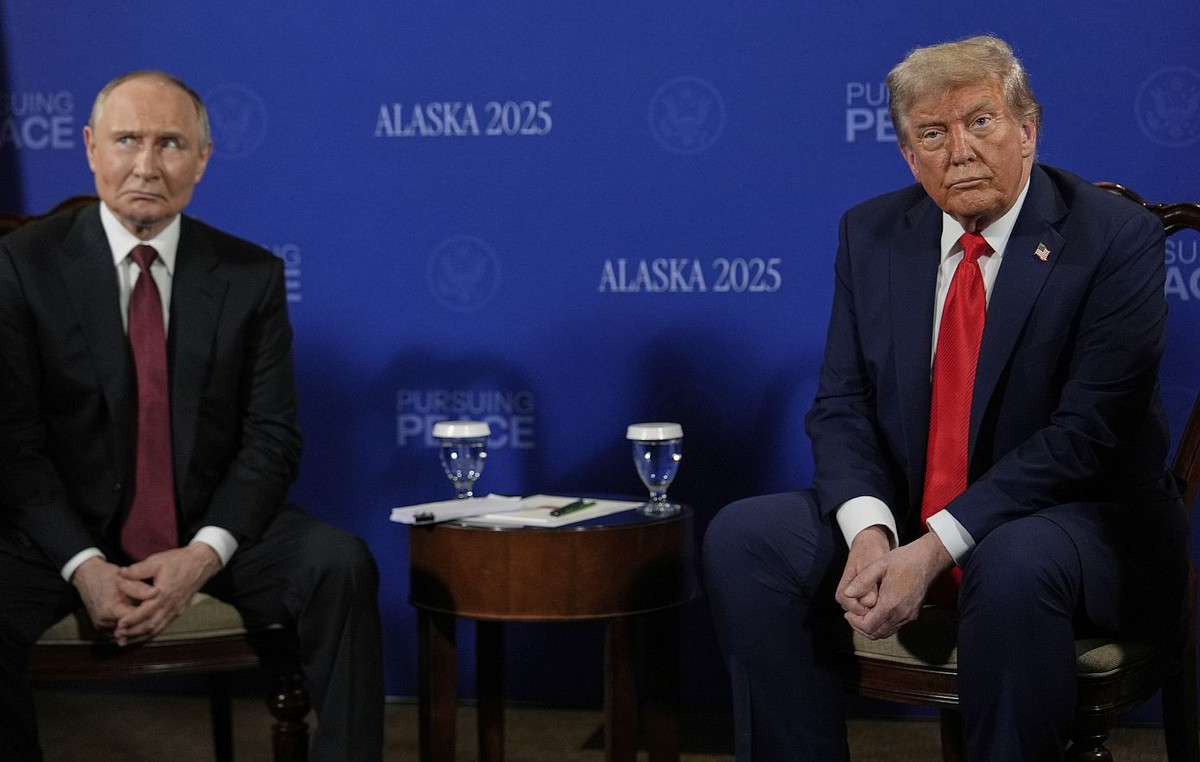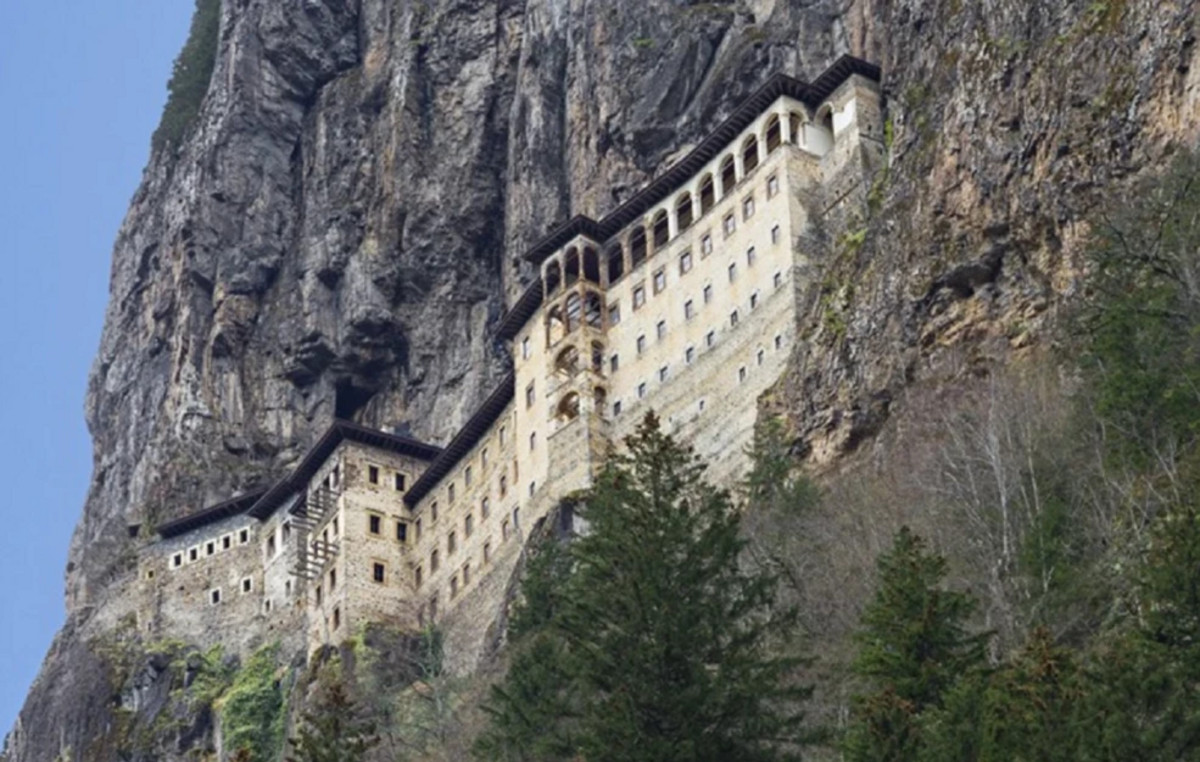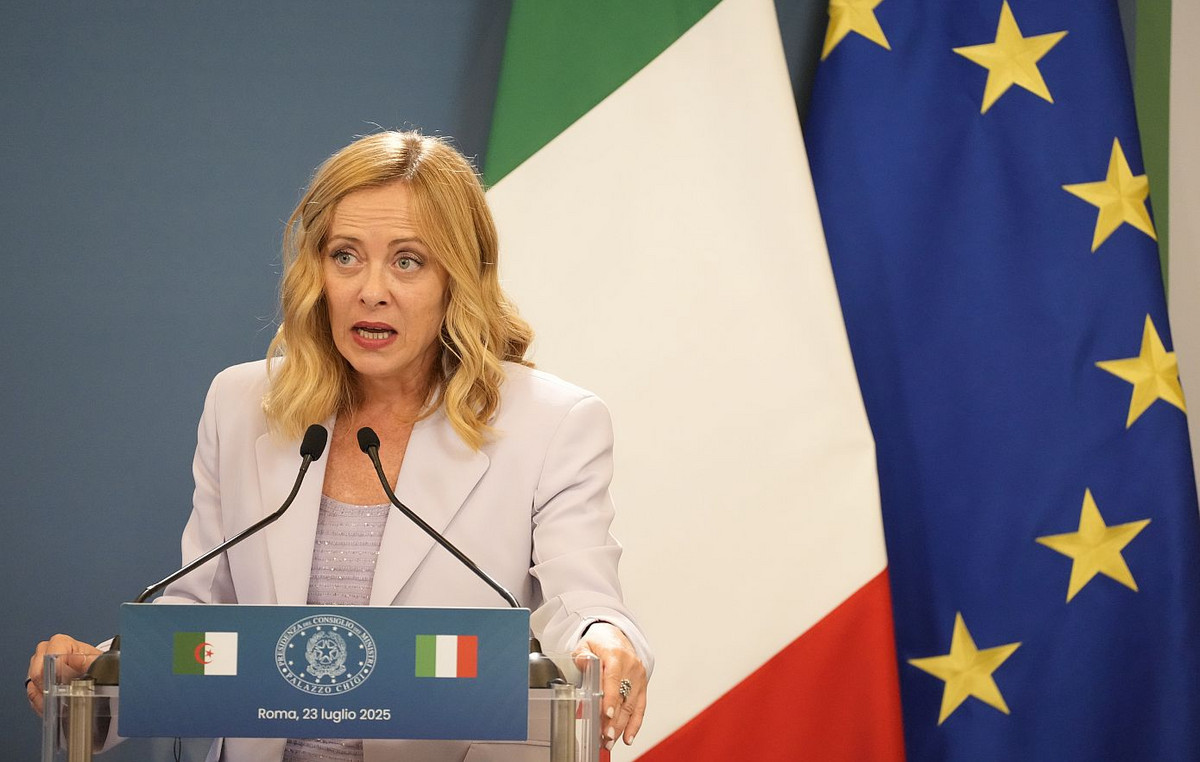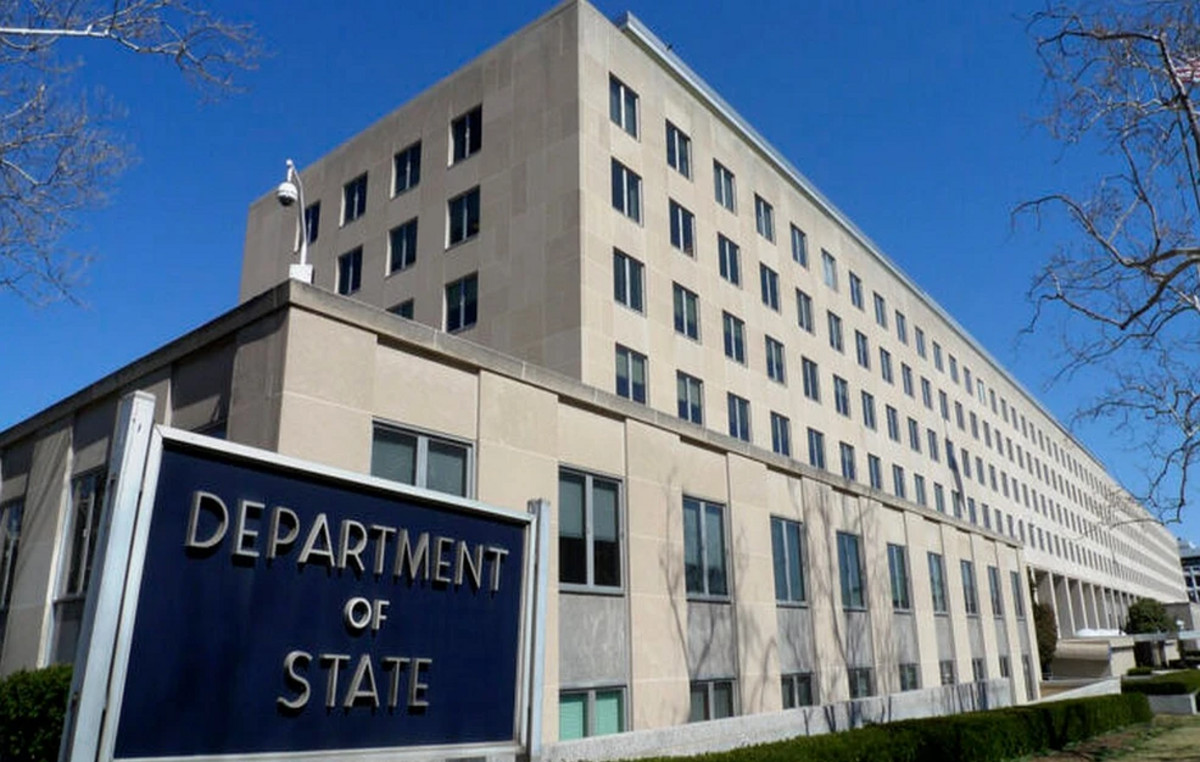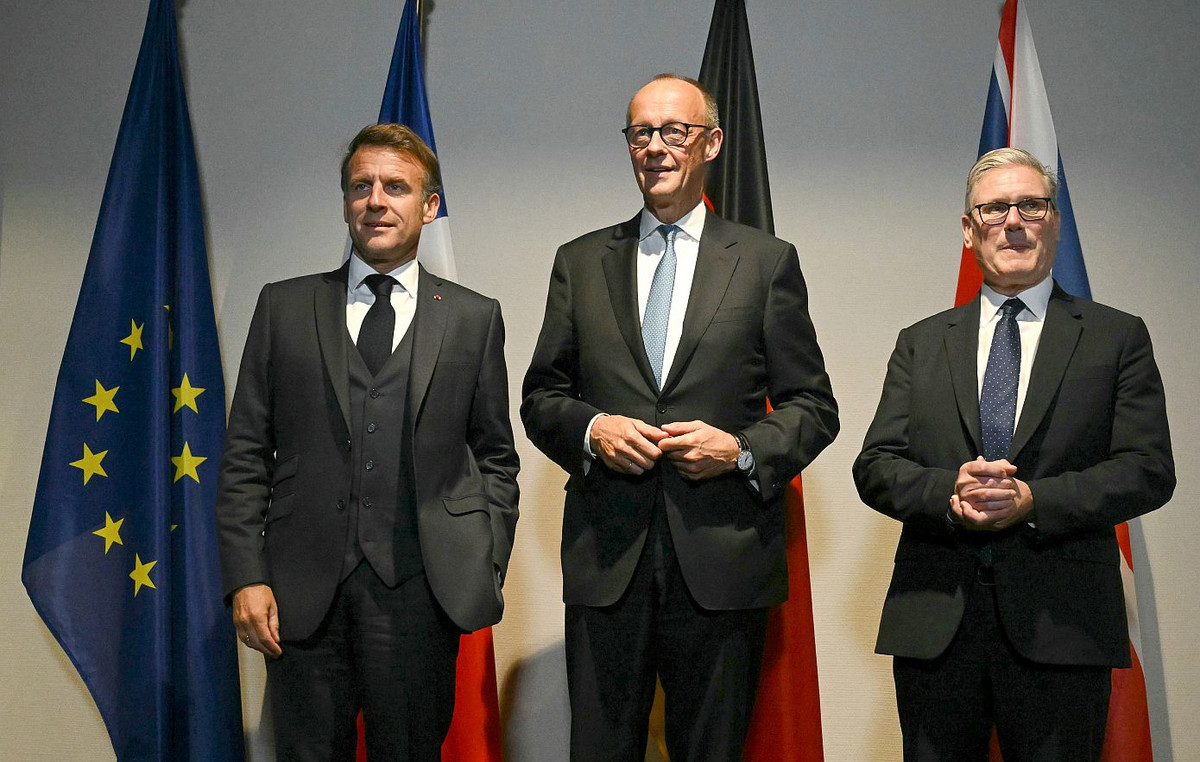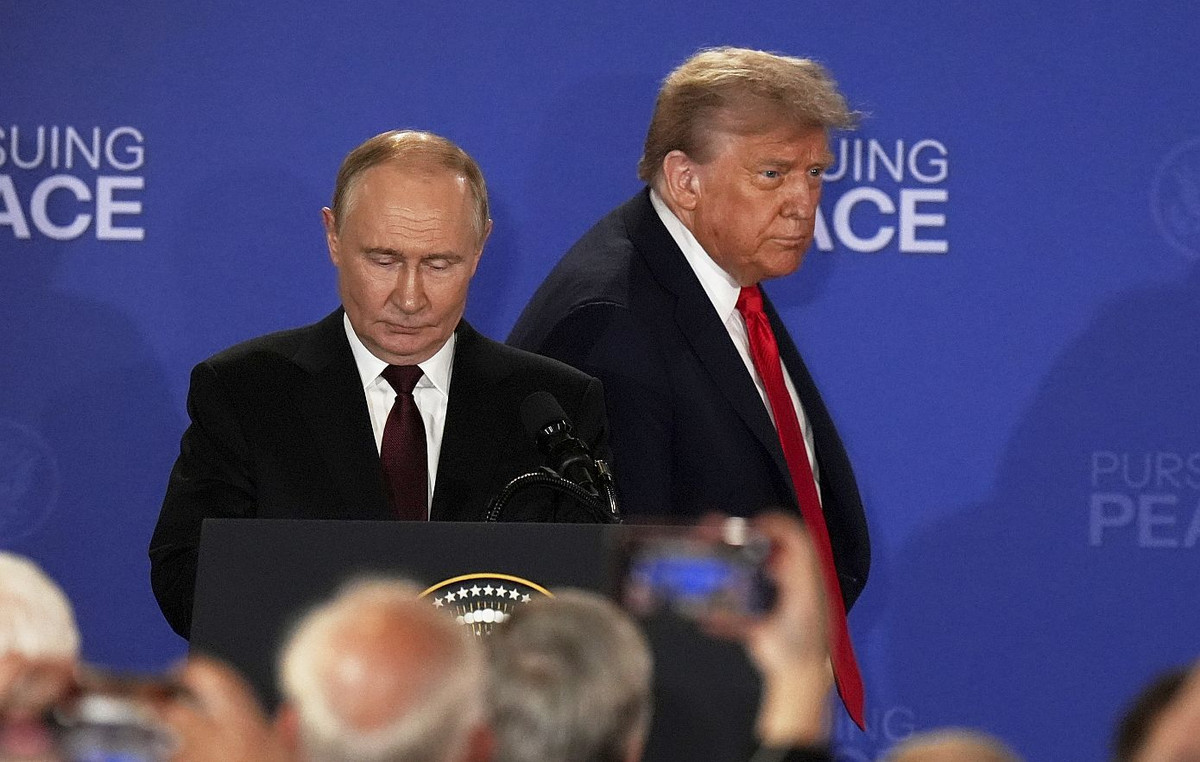The official results of the elections in South Africa, released this Sunday (2), showed that the South African African National Congress (ANC) won 159 of the 400 seats in parliament, down from 230 in the previous assembly.
Once dominant, former president Nelson Mandela's legacy party acknowledged it felt humiliated by an election that ended its 30-year majority, but promised not to replace President Cyril Ramaphosa as a condition of forming a coalition government.
Voters, angered by unemployment, inequality and rolling blackouts, have reduced support for the party to 40%, down from 57.5% in the 2019 parliamentary vote.
“Did we make mistakes? Yes, we did. In government and on all sides,” Fikile Mbalula, the party’s general secretary, said on Sunday during the first press conference the ANC held since the elections, adding that the party “had nothing to celebrate”.
The result means that the ANC must now share power, probably with a major political rival, in order to maintain it – a prospect unprecedented since the end of Apartheid in 1994.
With the end of the ANC's uncontested control over political power, a race begins to reach an agreement with one or more opposition parties.
“South Africans expect elected parties to find common ground, overcome their differences and act together for the good of all. This is what the South Africans said [nessas eleições],” Ramaphosa said after the results were announced.
The current president said that the election marked a “victory for our democracy”.
The parties now have two weeks to reach an agreement before a new parliament meets to choose a president, who will likely still be from the ANC. “It’s time to put South Africa first,” said Ramaphosa.
Mbalula said the ANC is committed to forming a government that reflects the will of the people and is effective.
The party's poor performance has fueled speculation that Ramaphosa's days in power may be numbered, whether due to the demands of a potential coalition partner, or as a result of an internal leadership challenge.
However, Mbalula reinforced that the ANC will not give in to pressure from other parties for Ramaphosa – who was one of Mandela's main negotiators to end the white minority government – to resign. “This is a no-go area,” he said.
COSATU – South Africa's largest trade union group and an important ally of the ANC – has also rallied behind Ramaphosa.
“The key is that a coalition is led by the ANC and President Ramaphosa,” said COSATU spokesperson Matthew Parks.
“Doomsday Coalition”
Before Wednesday (29), the ANC had won every national election by a landslide since 1994, but over the past decade its support has declined.
The main opposition party, the white-led, pro-business Democratic Alliance (DA), received 21.8% of the vote.
uMkhonto we Sizwe (MK) – “spear of the nation”, in the Zulu language – a new party led by former president Jacob Zuma and named after the former armed wing of the ANC, managed to get 14.6%, pulverizing the majority of the ANC votes.
Despite doing better than expected, MK said it was considering challenging the results in court.
The far-left Economic Freedom Fighters (EFF), led by former ANC leader Julius Malema, won 9.5%.
The prospect of an ANC link-up with the EFF or MK has rattled the South African business community and international investors, who would prefer a coalition that brings in the DA.
DA leader John Steenhuisen said in a speech broadcast on the party's YouTube channel that he had appointed a team to begin negotiations with other parties with the aim of preventing such an alliance, which he called a “doomsday coalition”.
“For the Democratic Alliance, burying its head in the sand as South Africa faces its greatest threat since the beginning of democracy is not an option,” he said.
The small Inkatha Freedom Party (IFP), a conservative Zulu party based in power in KwaZulu-Natal province and which won less than 4% of the vote, plans to meet separately to discuss its next steps.
Local media reported that the DA could be open to entering into a cooperation pact with the ANC, supporting it in important decisions in exchange for senior positions in parliament. The IFP could also be part of such an agreement.
“I would almost certainly think that [o ANC] I wouldn't just go with the DA. They would probably also go with someone like the IFP, just because of the perception that the DA is a very white party,” said Melanie Verwoerd, a political analyst.
Mbalula said the ANC leadership would meet on Tuesday (4) for discussions on the way forward.
Source: CNN Brasil
Bruce Belcher is a seasoned author with over 5 years of experience in world news. He writes for online news websites and provides in-depth analysis on the world stock market. Bruce is known for his insightful perspectives and commitment to keeping the public informed.

